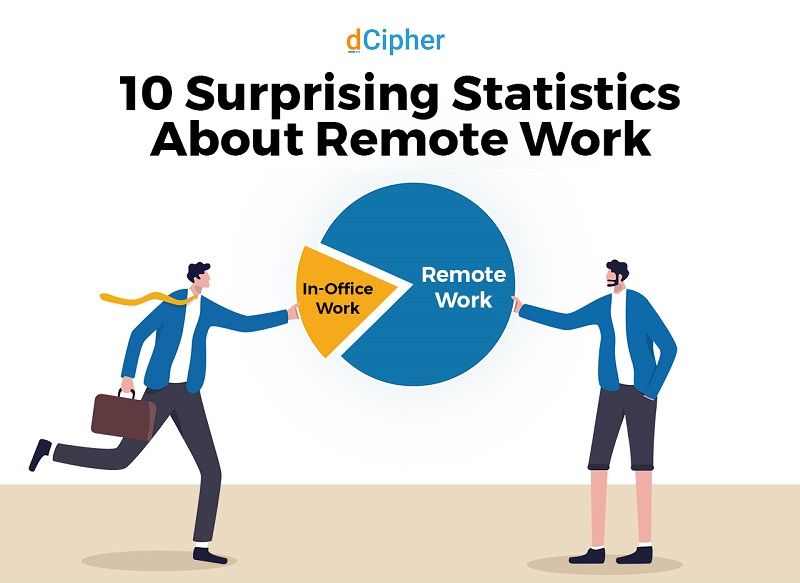Many organizations outsource their job to third-party service providers to get the job done. This was more pronounced during the pandemic when there was a labor shortage. On the other hand, many companies have opted for remote staffing. This staffing became necessary during the pandemic lockdown when workers worked from home.
Many people confuse remote and outsourced staffing and do not know the difference.
Difference between outsourcing and remote staffing
Remote staff means company employees who do their job from a remote location. They are on the company’s payroll and enjoy the same perks as other staff who operate out of the office.
The outsourced staff is hired from other companies and deployed at the client’s place for carrying out selected tasks or projects. These staffs are on the payroll of the service provider company.
Comparison on between remote staffing and outsourcing
Remote staff can carry out the tasks of an organization without any external help. It is just that they are located in a different places. There is no extra cost for the task or project. Suppose there is a short-term project task where extra manpower is needed. It is recommended to outsource them for a limited contracted period in such a situation. Here there is an additional cost requirement. At times it is a tough decision whether to go for outsourced or remote staffing.
- Remote staffing vs. outsourcing cost
The cost for the two types of staffing varies and depends on the nature and tenor of work. When a project is small, and one is sure of completing it with the existing remote staff, it is recommended to use the own team.
However, when a project is large and requires a shorter deadline, then extra manpower is needed. In this case, the contractual job favors outsourcing from service providers. There is a fixed short-term contractual cost which is defined. However, outsourcing is costly for long-tenor work, and the disadvantage is that there is no control over them.
- Remote staffing vs. outsourcing: work culture
The most significant advantage of having remote staff over outsourced ones is that they have similar work culture as those employees working from the office. The organization’s guidelines bind them, they maintain the same discipline and achieve the productivity and performance required by the organization. Everything is the same except the work location.
Another advantage is that while hiring remote staff, the recruitment policy and criteria is the same as other positions. Therefore, it allows the organization to select the best talent. This is, however, not possible with outsourcing.
There is no scope to be selective, and one has to depend on the outsourcing company on what type of candidates they will deploy for the company’s work. There are also high chances that the outsourced employees may have different skill sets and efficiencies, and their hiring criteria and compensation differ from the organization. This could lead to disparity in output expectations.
- Remote staffing for shorter turnaround time
It is easier to control remote employees thanks to the availability of technology. Tools and software connect remote employees with the organization system. The management can collaborate with them and also allow them to access the company database and other files and records securely and safely over the cloud storage.
With outsourced staff, there is no such control or security advantage. Also, the outsourced staff is not bound by the organization’s risk and confidentiality policies, and therefore there is no accountability.
Conclusion
There are advantages and disadvantages of remote staff and outsourced staff. An organization can use them according to the nature of work and the time required to complete them. However, if the remote staff cannot do some special tasks, it is recommended to hire outsourced staff with the skills to do them.







